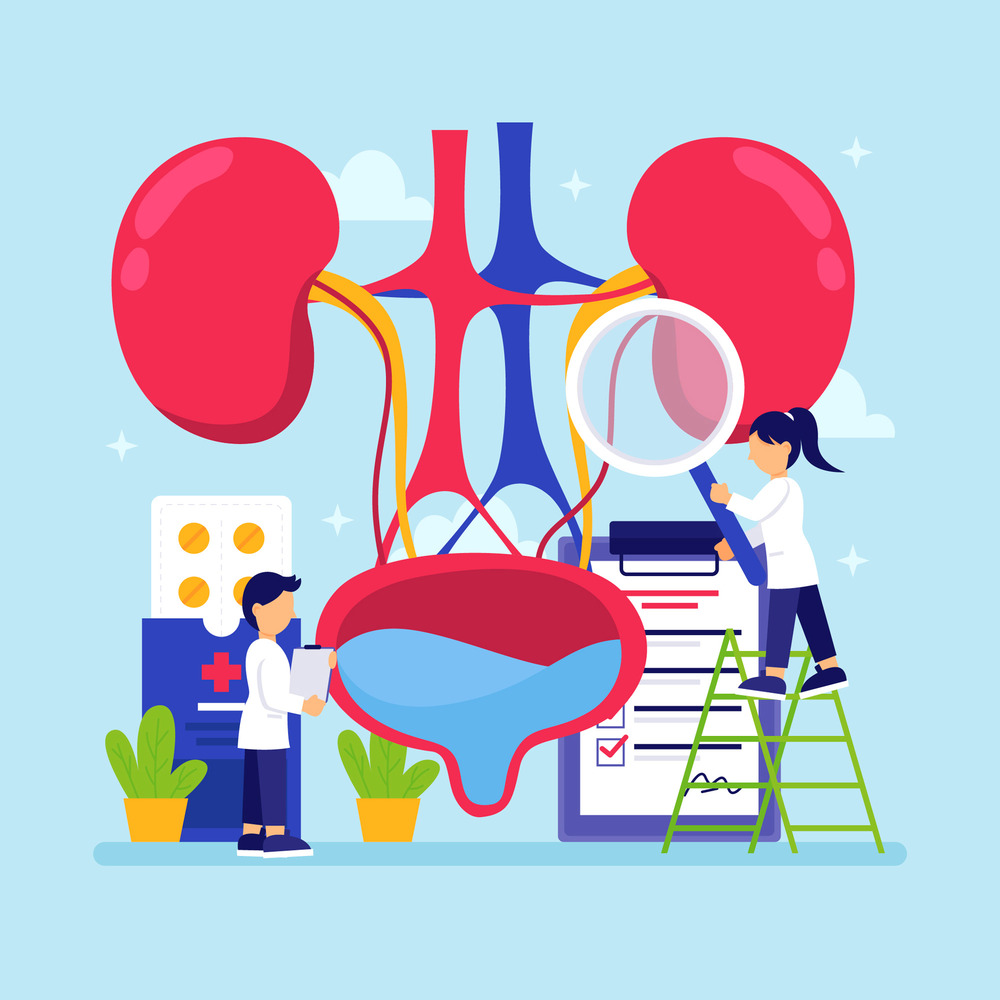Introduction
Sleep is not just a luxury; it’s a fundamental necessity for our overall well-being. Yet, in today’s fast-paced world, achieving quality sleep can be elusive for many. From stress and anxiety to poor lifestyle choices, several factors contribute to restless nights and groggy mornings. However, enhancing your sleep quality is not an insurmountable challenge. By adopting certain practices and making simple adjustments to your daily routine, you can experience more restorative and rejuvenating sleep. In this comprehensive guide, we’ll explore effective strategies and techniques to help you improve your sleep quality naturally.
Understanding Sleep Quality
Before delving into ways to enhance sleep quality, it’s essential to grasp what constitutes good sleep. Sleep quality refers to how well you sleep rather than how long you sleep. Even if you spend an adequate number of hours in bed, poor sleep quality can leave you feeling tired and unrefreshed. Quality sleep encompasses several key components:
Duration: Aim for 7-9 hours of sleep per night, as recommended by sleep experts. However, individual sleep needs may vary based on factors such as age, activity level, and overall health.
Depth: Deep sleep, also known as slow-wave sleep, is crucial for physical renewal, hormone regulation, and cognitive function. Increasing the amount of deep sleep can significantly improve sleep quality.
Continuity: Interrupted or fragmented sleep can disrupt your sleep cycle and prevent you from experiencing restorative rest. Strive for uninterrupted sleep cycles to promote optimal sleep continuity.
Efficiency: Sleep efficiency refers to the percentage of time spent asleep while in bed. Maximizing sleep efficiency involves reducing the time it takes to fall asleep and minimizing awakenings during the night.
Now that you understand the components of sleep quality, let’s explore actionable steps to enhance each aspect and improve your overall sleep experience.
Optimizing Sleep Environment
Creating a conducive sleep environment is essential for promoting relaxation and optimizing sleep quality. Consider the following tips to improve your sleep environment:
Keep it Dark: Minimize exposure to light, especially blue light emitted by electronic devices, before bedtime. Use blackout curtains or a sleep mask to block out external light sources and promote melatonin production, the hormone that regulates sleep-wake cycles.
Maintain Comfort: Invest in a comfortable mattress and pillows that provide adequate support for your body. Additionally, regulate room temperature to ensure it’s cool and comfortable for sleeping.
Reduce Noise: Minimize noise disruptions by using earplugs or white noise machines to create a tranquil sleep environment. Alternatively, consider using calming sounds such as nature sounds or gentle music to drown out background noise.
Declutter: Keep your bedroom free of clutter and distractions to promote relaxation and reduce anxiety. Create a serene atmosphere by decluttering surfaces and minimizing visual stimuli.
By optimizing your sleep environment, you can create the ideal conditions for restful and rejuvenating sleep. Now, let’s explore strategies to enhance sleep duration and continuity.

Improving Sleep Duration and Continuity
Achieving sufficient sleep duration and continuity is vital for overall health and well-being. Follow these tips to enhance sleep duration and continuity:
Establish a Consistent Sleep Schedule: Go to bed and wake up at the same time every day, even on weekends. Consistency reinforces your body’s internal clock, making it easier to fall asleep and wake up naturally.
Limit Naps: While short naps can be beneficial for energy and alertness, excessive daytime napping can interfere with nighttime sleep. Limit naps to 20-30 minutes earlier in the day to avoid disrupting your sleep-wake cycle.
Avoid Stimulants: Limit consumption of caffeine, nicotine, and alcohol, especially in the hours leading up to bedtime. These substances can disrupt sleep patterns and impair sleep quality, making it harder to fall asleep and stay asleep.
Create a Bedtime Routine: Develop a relaxing bedtime routine to signal to your body that it’s time to wind down. Engage in calming activities such as reading, meditation, or gentle stretching to prepare your mind and body for sleep.
Implementing these strategies can help you achieve better sleep duration and continuity, leading to improved overall sleep quality. Now, let’s explore techniques to enhance sleep depth and efficiency.
Enhancing Sleep Depth and Efficiency
Deep sleep plays a crucial role in physical and mental restoration, memory consolidation, and immune function. Follow these tips to enhance sleep depth and efficiency:
Limit Screen Time: Reduce exposure to electronic devices such as smartphones, tablets, and computers before bedtime. The blue light emitted by these devices can suppress melatonin production and disrupt sleep patterns. Instead, opt for relaxing activities that promote sleep, such as reading a book or practicing deep breathing exercises.
Practice Relaxation Techniques: Incorporate relaxation techniques such as progressive muscle relaxation, deep breathing, or guided imagery to promote relaxation and reduce stress before bedtime. These techniques can help calm the mind and prepare your body for sleep.
Create a Comfortable Sleep Environment: Ensure your bedroom is quiet, dark, and comfortable to promote deep, restorative sleep. Invest in a supportive mattress and pillows, and consider using white noise machines or earplugs to minimize disruptions.
Limit Caffeine and Alcohol: Avoid consuming caffeine and alcohol close to bedtime, as these substances can interfere with sleep quality and disrupt sleep cycles. Instead, opt for herbal tea or warm milk, which can promote relaxation and enhance sleep quality.
By incorporating these strategies into your nightly routine, you can enhance sleep depth and efficiency, leading to more restful and rejuvenating sleep. Now, let’s address common sleep-related issues and how to overcome them.
Addressing Common Sleep Challenges
Despite your best efforts, you may encounter occasional sleep challenges that disrupt your sleep quality. Here are some common sleep issues and strategies to overcome them:
Insomnia: If you struggle with persistent insomnia, characterized by difficulty falling or staying asleep, consider implementing cognitive-behavioral therapy for insomnia (CBT-I). CBT-I is a highly effective treatment that addresses underlying sleep-related thoughts and behaviors to promote better sleep.
Sleep Apnea: Sleep apnea is a common sleep disorder characterized by pauses in breathing during sleep. If you suspect you have sleep apnea, consult a healthcare professional for diagnosis and treatment options, which may include continuous positive airway pressure (CPAP) therapy or lifestyle modifications.
Restless Legs Syndrome (RLS): RLS causes an irresistible urge to move the legs, often accompanied by uncomfortable sensations. If you experience symptoms of RLS, consult a healthcare provider for evaluation and treatment options, which may include medication or lifestyle changes.
Shift Work Sleep Disorder: If you work non-traditional hours, such as night shifts or rotating shifts, you may experience difficulty sleeping due to disruptions in your sleep-wake cycle. Implementing strategies such as maintaining a consistent sleep schedule, optimizing your sleep environment, and prioritizing self-care can help mitigate the effects of shift work sleep disorder.
By addressing underlying sleep challenges and implementing targeted interventions, you can overcome obstacles to achieving optimal sleep quality. Now, let’s conclude with a call to action and frequently asked questions.
Conclusion
Improving sleep quality is essential for overall health and well-being, yet it often requires intentional effort and lifestyle adjustments. By optimizing your sleep environment, establishing healthy sleep habits, and addressing common sleep challenges, you can experience more restful and




